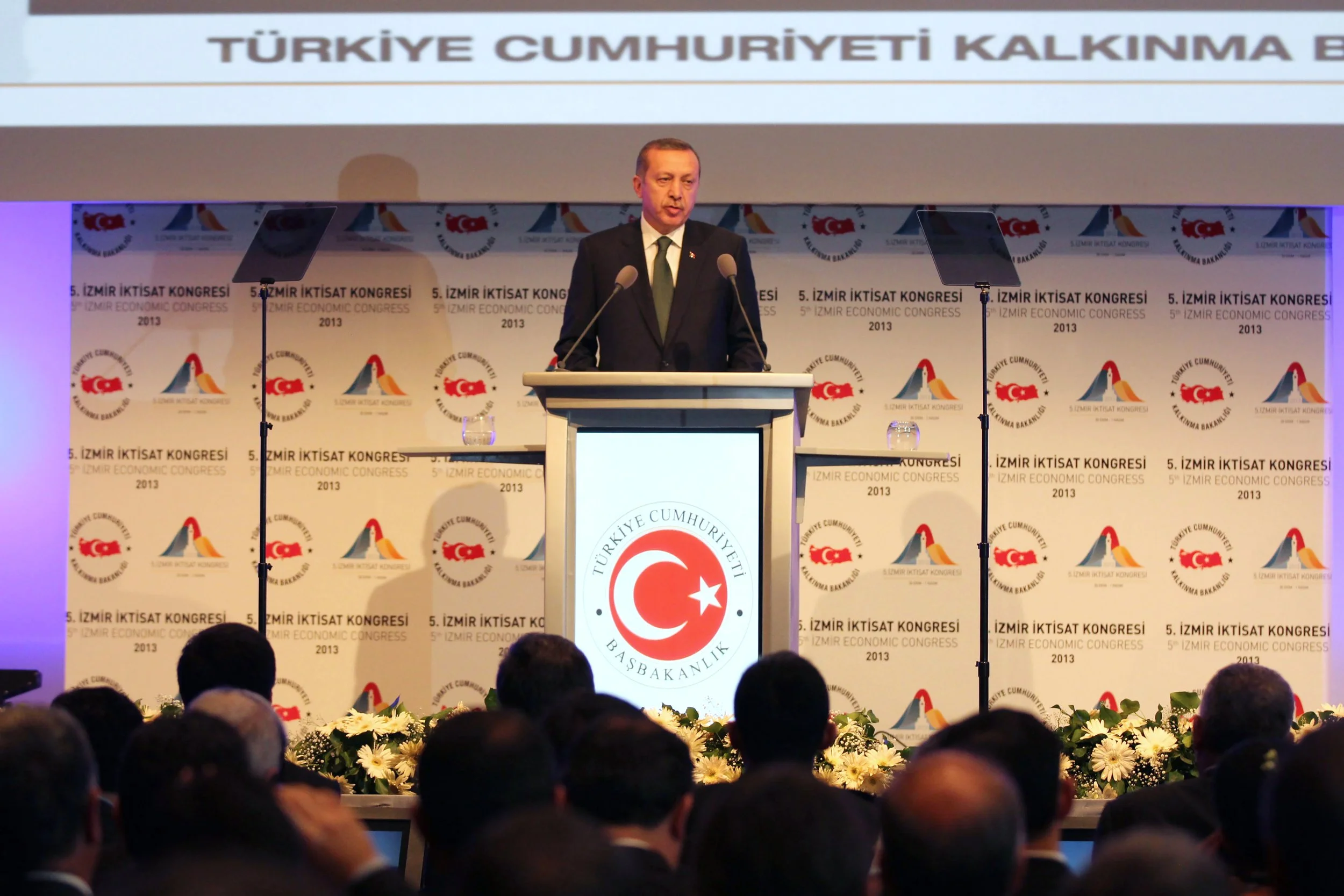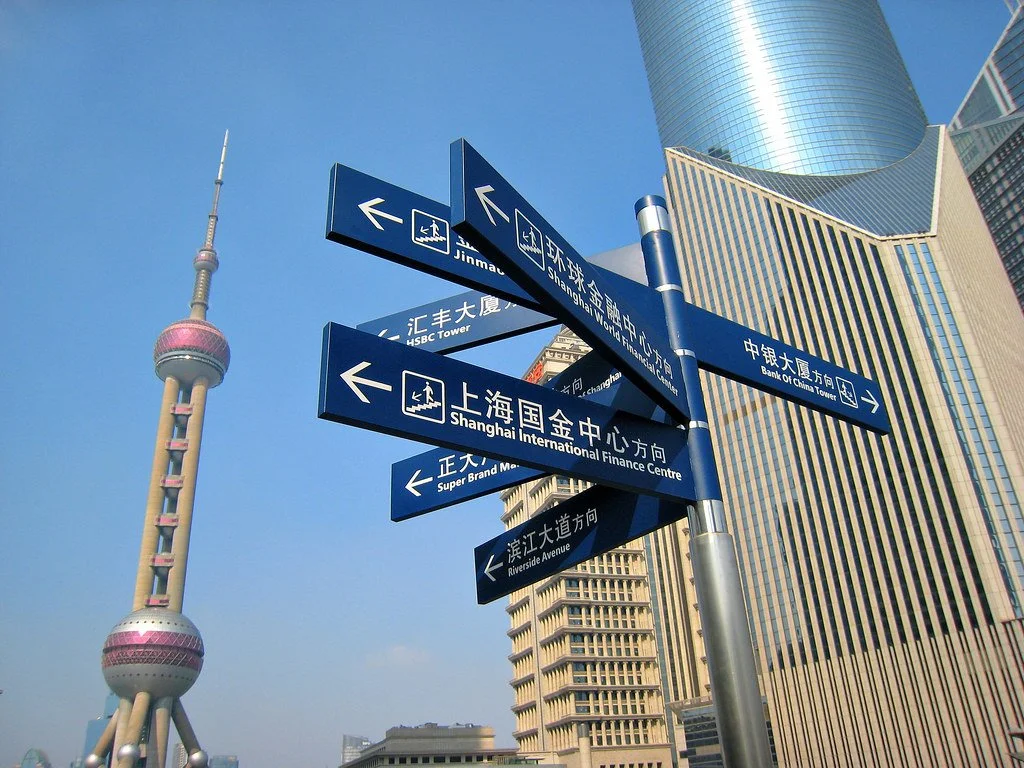In lieu of the unbridled, markets-and-economics-over-ideology approach to globalizing trade and capital flows that dominated the three decades after the end of the Cold War, we now observe prominent global players cultivate ever-closer ties with counterparts that share similar worldviews. Brian Wong examines this ongoing process of financial balkanization and cautions against its dangers.
Read MoreSarah Stortz argues that the international community has an opportunity to support democracy in Sudan, if it is willing to learn from its past mistakes.
Read MoreHow can the U.S. Strategy on Countering Corruption deliver? The case of Albania suggests that instead of simply designating certain politicians as corrupt, the United States should collaborate with local activists to foster openness, newness, and competitiveness inside the body politic, writes Dosti Banushi.
Read MoreTo enable the full inclusion of poor and marginalized populations—including, and especially, smallholder farmers and indigenous communities—in the process of and benefit from food systems transformation, institutional innovations in social, business, and policy systems must accompany investments in technology-based innovations, Kyriacos Koupparis advocates.
Read MoreIt is in the national interest of the United States to deter a hostile PRC takeover of Taiwan. Lt Samuel Winegar explores how might the United States and its regional partners best prepare the battlefield for potential conflict or better yet, deter PRC aggression without fighting.
Read MoreZhi Han Tan discusses how denouncing “Chinese privilege” bears a diplomatic function beyond domestic repercussions.
Read MoreIn just the last two decades, how did Turkey reverse so many democratic gains, engage in dozens of military interventions, and witness one party under one leader turn the one-hundred-year old nation into a one-man regime? Rimon Tanvir Hossain reviews Dimitar Bechev’s Turkey Under Erdoğan.
Read MoreSrijan Shukla finds that effective economic rights have a positive relationship with developing countries’ trade flows.
Read MoreHow can governments and funders combat the global education crisis caused by the COVID-19 pandemic? Piper O’Keefe argues that the key is to invest more resources in teachers—not simply ask more of them.
Read MoreA citizen wealth fund could be the right antidote to Mexico's impoverishing populism, argues Martin Rodriguez Rodriguez.
Read MoreExacerbating the gender divide proved a successful strategy for the South Korean conservatives, argues Sunghea Khil.
Read MoreTo what extent should foreign and internal policies be aligned? Daniela Philipson Garcia and Ana Velasco analyze Mexico’s feminist foreign policy.
Read MoreJasper Vaughn assesses the current state of IRF in U.S. foreign policy and recommends a more equitable and effective approach to international religious freedom.
Read MoreJean Vilbert explores how Latin American governments can harness regulatory dynamism to attract foreign direct investment (FDI).
Read MoreTyler McBrien discusses the paradoxical role of wargames, initially meant to reduce war, in the endless waging of war.
Read MoreWhat does the decoupling of the Chinese and U.S. economies really mean? Brian Wong reviews James Fok’s Financial Cold War.
Read MoreDiego Marroquín Bitar proposes three ways the United States and Mexico can develop a dynamic and mobile labor force.
Read MoreScholars are still building a picture of life under the “caliphate“. Mathilde Becker Aarseth’s Mosul under ISIS adds to our understanding, writes Anjana Nair.
Read More



















